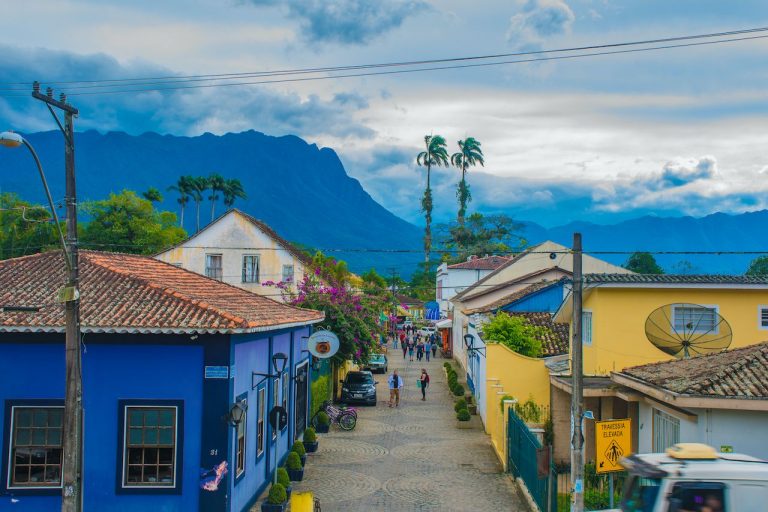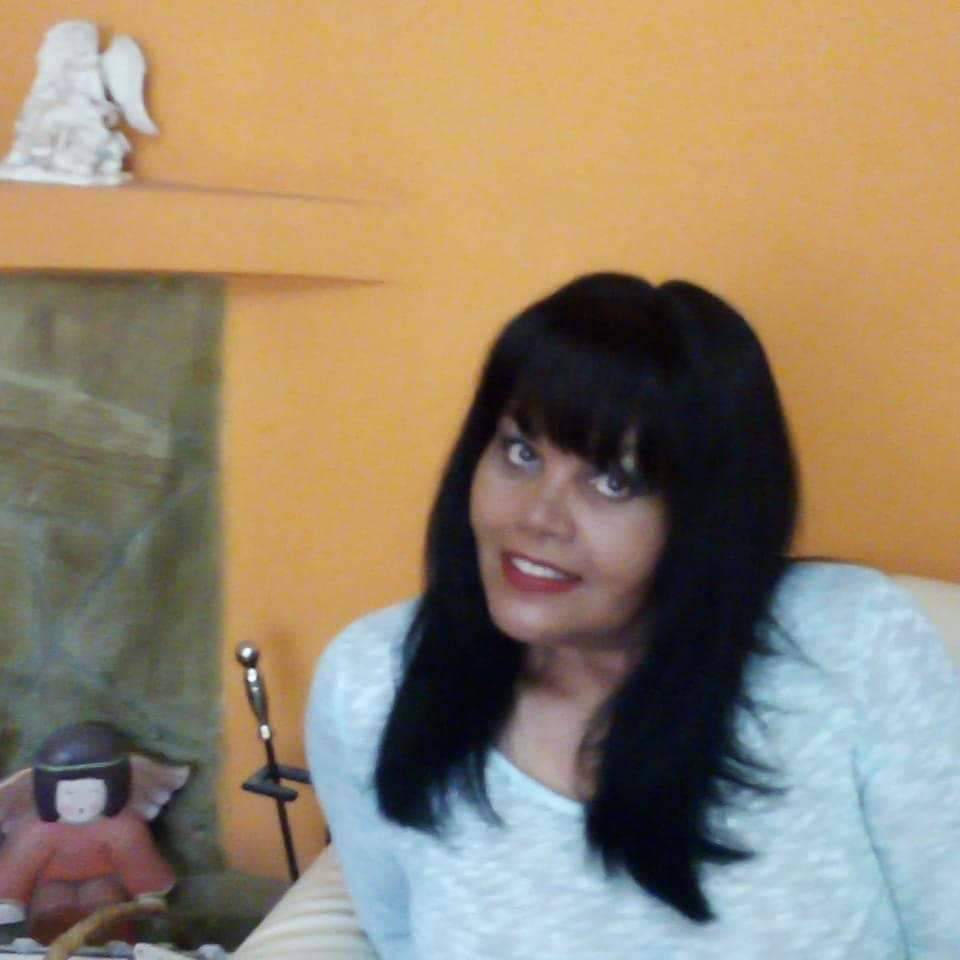
I came to live in one of those many towns, in South America, where the 21st century has not yet arrived.
By Márcia Batista Ramos
 Márcia Batista Ramos, a Brazilian writer, poetess, literary critic and cultural manager, has a degree in Philosophy. She is a columnist and writes for the magazines of Bolivia, Mexico and Spain. She published several books and anthologies and also is part of several anthologies. She is a contributor to international magazines in more than 14 countries.
Márcia Batista Ramos, a Brazilian writer, poetess, literary critic and cultural manager, has a degree in Philosophy. She is a columnist and writes for the magazines of Bolivia, Mexico and Spain. She published several books and anthologies and also is part of several anthologies. She is a contributor to international magazines in more than 14 countries.
Tenderness at the end of the world
“I am that woman who scavenged the mountain of life by removing stones and planting the flowers.” Cora Coralina
Due to destiny, I came to live in one of those many towns, in South America, where the 21st century has not yet arrived. In fact, in its entire splendor, the 19th century has not yet ended. It’s kind of the end of the world where time interrupted its use, solidifying in the landscape and in the way of existing of its inhabitants.
The few people who inhabit it are quite advanced in age, but they are seen to be quite active and vigorous, taking care of their houses (made of stone and adobe), small orchards and gardens.
They are very friendly people, who greet anyone who passes by, because they believe that the greeting “is from God”.
It was not difficult to start a conversation, or make friends almost immediately, with all the neighbors and know them by name.
Mrs. Leontina, a neighbor who lives across the street from my house, came to my door with a basket of fresh vegetables as a welcome gift, to introduce herself and ask where I came from, why and how, among other things … invited to have tea at home, to go to return the basket.
I baked a sweet bread to return the kindness of Mrs. Leontina. I crossed over the stones of the river that serves as a street and I was at her door. She opened the door before I knocked, because she was watching my journey through the window. She led me into the house and sat at the table, arranged in style for tea.
We talked about the town that has only five children and, their respective parents are the only young people in the village, the others are older, who did not want to leave their homeland or who returned after a life in other places.
She told me that the town, stagnant in time, was founded about five generations before her and that curiously enough, it has maintained the same number of houses since its foundation by a group of friends who bought the land, divided it and founded a place to live with a certain tenderness.
– Tenderness? I asked incredulously.
– Yes. -She said- The tenderness that is missing to call us human. I am not talking about the tenderness that an animal awakens with its cubs, that tenderness that is visible and we perceive it when it happens to us to do so; because it is so every day and available to everyone, that nobody wants to perceive it, perhaps because it costs nothing. No. It is not about the tenderness that life gives us every day, when you sit in the open air and the sun caresses your entire body and cradles you as in maternal arms … that is a gift from the universe, it is free. In the world, it no longer counts; because almost no one perceives and values it.
Our elders, were revolutionaries in their own way and, they proclaimed an unconfirmed tenderness and critical of the petty bourgeois way of life.
– How the tenderness that Mario Benedetti taught us? The tenderness that does not fit in this mercantile world in which we live, where everyone wants to consume more and more, dreaming of capitalist ideals?
– Something like that. But a little deeper – the lady asserted – Because, our ancients, they taught us not to believe in ideals that are achieved with rifles, with loss of life and pain. Our revolutionary tenderness, which we inherited from them, is linked to love and freedom; it makes us approach things as they really are: simple.
It was impressive how the philosophy passed down from generation to generation encompassed the essence of something as amazing as existence itself. Therefore, it can be understood, because they do not have asphalt, television and other things, that our culture believes that it is essential to live comfortably.
Therefore, they sow and reap all the fruits of the earth and by cultivating their flowers; they cultivate their spirit; because they are aware that the harvest is not always abundant after careful planting. Or that the result, whatever it is, does justice to the effort, because it was instilled in them, by their ancestors, that life is beautiful, despite being a Pandora’s Box where stories do not always have a happy ending.
Mrs. Leontina, endowed with the sensitivity of good people, with the tenderness from which there is no way to escape, because it runs through her veins and manifests itself through her clean and brilliant word. He talked to me as one who opens up to life, filling my shy world with a beautiful universe that fills the soul and the heart, with small and simple things, at the same time that they are big like the sea and infinite like light- Because that’s how tenderness is.
The hours were generous, because they passed slowly, allowing me to learn and enjoy his wise words.
Black tea, with little jasmine flowers and a touch of vanilla, was the ideal complement to the cakes, the words and the presence of Mrs. Leontina’s ancestors.
She explained to me that tenderness is a kind of journey to the center of our emotions, the ones that made us who we are. It is a faithful portrait of us, which, through our true power of surrender, shows the human heart, always struggling between fear and hope.
I was very pleased by the doors that she opened for me, by sharing her inexhaustible knowledge with me.
At the end of the afternoon, she told me that tenderness like life is something simple; it is the commitment to the human being, be it black or white, man or woman.
We live in difficult times, with many miseries wandering around and stalking most of the people. In the same way, people coexist on the planet who gives all possible love, unconditionally, to all beings who cross their path, without any certainty of being able to celebrate the victory of their attitude at the limit of good.
It was on that afternoon, at Mrs. Leontina’s house, in that place where the 21st century has not yet arrived, in that kind of end of the world, that I discovered tenderness.
____________________